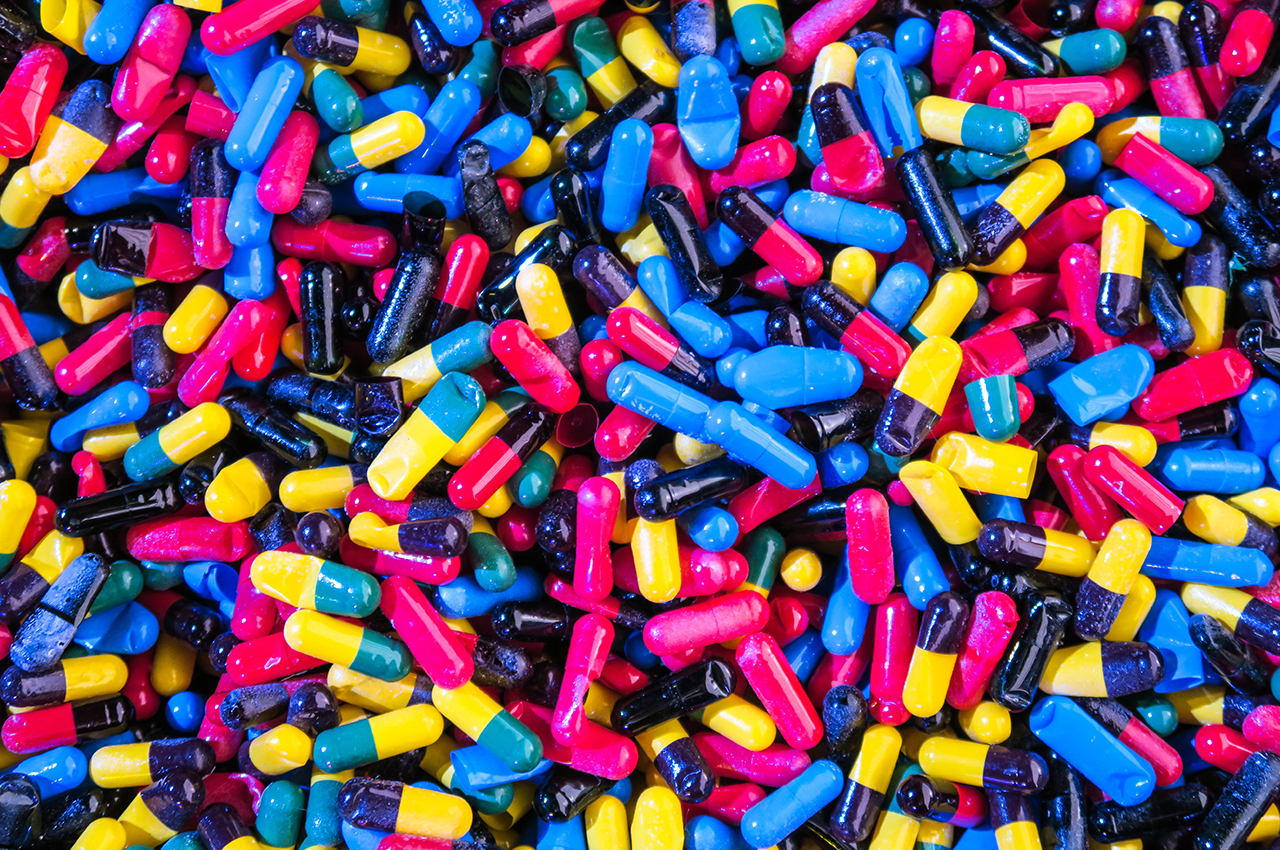If you have acne, you are not alone. About 80% of people between the ages of 11 and 30 get acne breakouts at some point. It seems that adult acne is also on the rise, with studies showing that as many as 54% of women aged 25 and older affected by the skin condition.
With acne, different types of pimples form when the hair follicles under the skin are blocked with sebum (oil), dead skin cells and sometimes, bacteria.
While doctors don’t always know the cause of acne, they do know that changing hormone levels, genes and some cosmetics may play a role. Certain medication can also be to blame.
Acne culprits
- Birth control medication that contains progesterone-like hormones. This includes progesterone injections and pills (e.g. Depo-Provera and Provera) as well as progesterone-containing intra-uterine devices and implants (e.g. the Mirena).
- Topical and oral corticosteroids. The oral corticosteroids may cause yeast to grow within the hair follicles, resulting in acne, while the overuse of topical ones (i.e. skin creams or gels) could produce a type of acne.
- Anabolic steroids, synthetic variations of the male sex hormone testosterone, can leave you with severe acne. These drugs increase the amount of sebum in the pores.
- Lithium. This medication is used to treat bipolar disorder and can cause a type of acne.
Other medications linked to acne and acne-like eruptions include anti-epileptic as well as immunosuppressive medication (which inhibit the activity of the immune system). Medication can, however, also play an important role in treating your acne. Oestrogen-based contraceptive pills, for example, can help regulate the hormonal changes that cause acne.
Manage and treat your acne
Make a point of getting your acne treated, as the skin condition can leave permanent scars and affect your self-esteem. With the right approach, your doctor could help clear your skin completely.
Your treatment will depend on what’s causing your acne and its severity as well as your age, your health, and your medical and family history.
Talk to your doctor about:
- Alternative birth control options if you think your current method could be causing or aggravating your acne. For example, a combined oral contraceptive pill may be a better choice than a progestogen-only contraceptive pill or injection.
- If you’re using oral or topical corticosteroids, find out if you’re using them correctly and at the right dose. Remember: overuse could be causing your acne.
- Anabolic steroids should only ever be taken under strict supervision by your doctor. Don’t use them to bulk up.
- Talk to your doctor about managing your acne if you think lithium may be the cause. A lower dose might help clear your skin, but it’s important to discuss with your doctor first. Another possible treatment option is tretinoin, a topical drug that will help unclog your skin.
Commonly prescribed treatments include:
- Antibiotics
- Anti-androgens, i.e. drugs that block the action of the male sex hormones.
- Isotretinoin (Roaccutane), a powerful and effective anti-acne drug.
- Benzoyl peroxide, a topical antibacterial treatment.
- Retinoids, a form of Vitamin A.
- Salicylic acid, a treatment from the same family as aspirin.
- Photodynamic therapy, which involves special photosensitising drugs and light.
- Chemical peels, which are applied to the skin, causing it to peel off.
Remember: Your skin might only respond to treatment within a few days or weeks. In the meantime, gently wash your face twice a day (don’t scrub!) and when you’re sweaty. Make a point of using skincare products and cosmetics that don’t cause acne. Look for “non-comedogenic”, “non-acnegenic” and “oil-free” on labels.
References
- https://medlineplus.gov/acne.html
- https://www.aad.org/public/diseases/acne-and-rosacea/acne
- https://kidshealth.org/en/teens/expert-birth-control.html
- https://www.uptodate.com/contents/pathogenesis-clinical-manifestations-and-diagnosis-of-acne-vulgaris?search=acne%20causes&source=search_result&selectedTitle=1~150&usage_type=default&display_rank=1
- https://www.health24.com/Medical/Acne/Overview/risk-factors-20180216-3
- https://www.dermstore.com/blog/acne-and-birth-control/
- https://www.niams.nih.gov/health-topics/acne
- http://www.dermalinstitute.com/us/library/13_article_Why_is_Adult_Acne_on_the_Rise_.html
- https://www.dermnetnz.org/topics/acne-due-to-medicine/
- https://www.dermnetnz.org/topics/lithium/
- https://www.mayoclinic.org/diseases-conditions/acne/diagnosis-treatment/drc-20368048
- https://www.acne.org/do-anabolic-steroids-cause-acne.html
- https://www.everydayhealth.com/bipolar-disorder/when-lithium-causes-acne.aspx
- https://www.aad.org/public/diseases/acne-and-rosacea/10-things-to-try-when-acne-wont-clear
- https://www.asds.net/skin-experts/skin-treatments/Chemical-Peels

